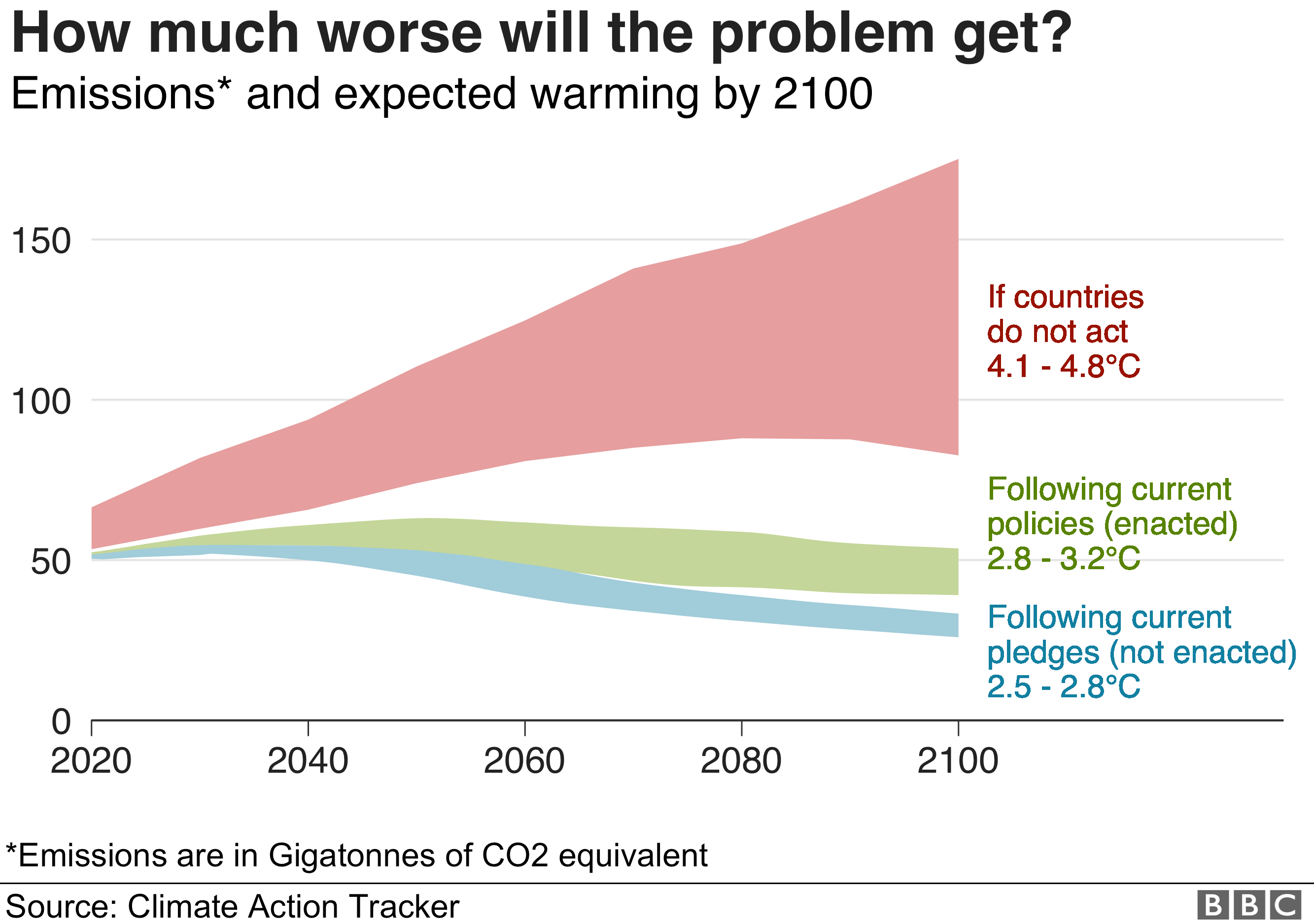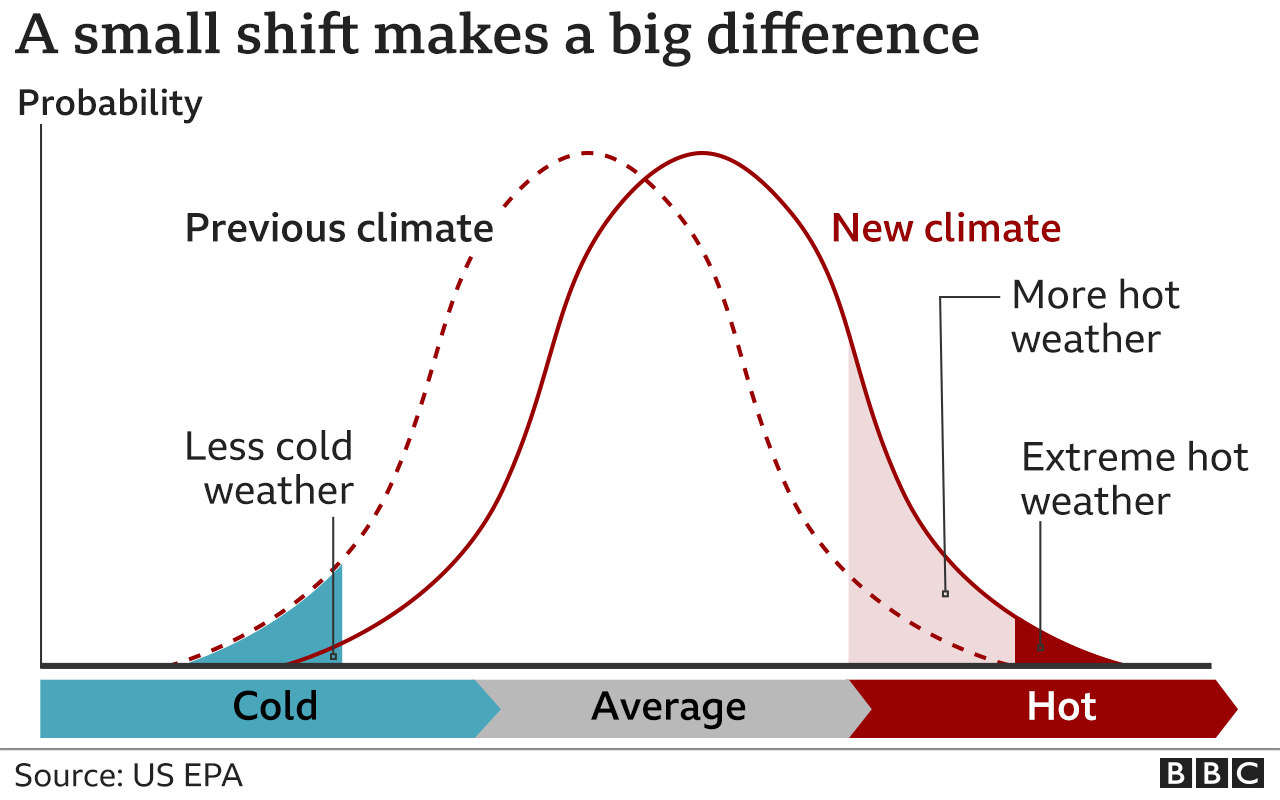
Extreme weather events have emerged as pivotal catalysts in shaping the trajectory of global climate policies. From devastating hurricanes to unprecedented heatwaves and catastrophic floods, these events have underscored the urgency of addressing climate change on a global scale. In this comprehensive analysis, we delve into how extreme weather phenomena influence policymaking worldwide and explore their profound implications for the future of our planet.
Understanding Extreme Weather Events
Extreme weather events, characterized by their intensity, frequency, or duration beyond the norm, have become more frequent in recent decades due to climate change. Hurricanes like Katrina and Harvey, heatwaves such as those in Europe and Australia, and floods like those in Southeast Asia exemplify the diverse nature of these events. Each occurrence not only wreaks havoc on communities and ecosystems but also serves as a stark reminder of the vulnerability of our planet in the face of climate instability.
The Impact on Global Climate Policies
The aftermath of extreme weather events often triggers immediate responses from governments and international bodies. These events highlight gaps in preparedness and resilience, prompting policymakers to reevaluate existing climate strategies and commit to more ambitious targets. For instance, the Paris Agreement saw renewed vigor in commitments following record-breaking weather anomalies, pushing countries to enhance their mitigation and adaptation efforts.
Political and Economic Ramifications
The economic toll of extreme weather events is substantial, often running into billions of dollars in damages and recovery costs. This financial burden amplifies pressure on governments to invest in climate-resilient infrastructure and adopt sustainable practices. Moreover, political leaders face heightened scrutiny from their constituents to enact robust policies that safeguard against future climate risks, fostering a global discourse on climate justice and equity.
Shifting Public Awareness and Opinion
Public awareness of climate change is increasingly shaped by firsthand experiences of extreme weather events. As communities endure the aftermath of storms or endure prolonged droughts, there is a growing demand for accountability and action from elected officials. Grassroots movements advocating for environmental justice gain momentum, influencing electoral outcomes and policy agendas at local, national, and international levels.
Technological Innovations and Adaptation Strategies
In response to escalating climate challenges, technological innovations play a crucial role in bolstering resilience and mitigation efforts. Advances in renewable energy, sustainable agriculture, and disaster preparedness contribute to adaptive capacity, offering viable solutions to mitigate the impacts of extreme weather events. Collaborative research initiatives and cross-sector partnerships further enhance our collective ability to confront climate threats effectively.
The Path Forward: Integrating Science, Policy, and Action
Addressing the complex interplay between extreme weather events and global climate policies requires a multifaceted approach. Enhanced climate modeling and predictive analytics provide critical insights for policymakers to anticipate and respond to future risks proactively. Furthermore, fostering international cooperation and upholding climate commitments remain pivotal in achieving sustainable development goals and safeguarding the well-being of future generations.
Conclusion
In conclusion, the influence of extreme weather events on global climate policies is profound and multifaceted. As these events become more frequent and severe, they compel policymakers, businesses, and communities to adopt transformative measures that prioritize climate resilience and sustainability. By embracing innovation, collaboration, and decisive action, we can navigate the challenges posed by climate change and forge a path toward a more resilient and equitable future for all.

